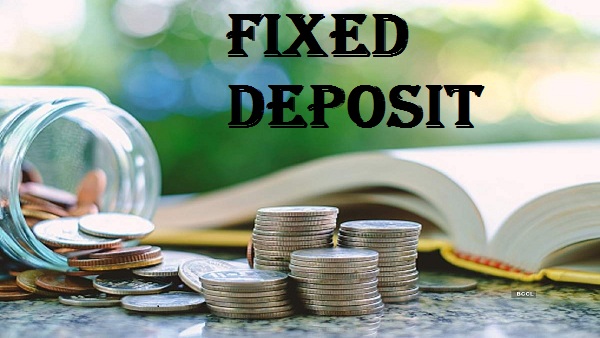
Fixed deposits are an investment option provided by banks and non-banking financial corporations (NBFCs), where investors can get assured returns at a predetermined rate of interest over a specific period. FDs are considered to be low-risk investments and they tend to offer interest rate that is slightly higher than the inflation rate. This rate varies upon the period of investments. The longer the investment horizon, the greater the rate of interest.
Exchange Traded Funds (ETFs), on the other hand, are a form of mutual fund that tracks an index’s portfolio. The returns offered by ETFs are the returns of the broad market index since ETFs contain all of the stocks that are included in the index. ETFs are well diversified as they contain a wide range of stocks from different sectors.
ETF vs FD – What are the differences?
| Parameters | ETFs | FDs |
| Risk involved | ETFs deal with wider market risk, returns aren’t guaranteed and can’t be predicted. ETFs significantly provide greater returns than savings accounts during years of rapid growth and big profits in the stock markets. | FDs provide investors with guaranteed returns, and the predetermined interest you get does not fluctuate depending on how the market performs. |
| Returns | Investing in ETFs provides returns, proportional to the index they monitor. The returns are heavily dependent on the market circumstances. | The returns offered by FDs are typically dependent on the current market rates and on the duration. |
| Inflation adaptability | Despite the low to moderate risk they pose, ETFs offer the advantage of keeping up with inflation. So, ETFs deliver comparatively higher returns.
|
Inflation puts a damper on your savings since the value of your currency depreciates over time.
When you invest in an FD with a 6% interest rate and the inflation rate is 5%, you will receive an adjusted return of only 1%.
|
| Taxation |
ETF returns are taxed in India according to the capital gains tax. ETFs have an expense ratio, which is the charge paid for managing and investing a portfolio of assets. |
By investing in a tax-saving fixed deposit account, each investor can claim a maximum deduction of Rs. 1.5 lakh per year. The interest you earn is taxed.
|
Which is better – ETF or FD?
When compared to fixed deposits, ETFs are more tax-efficient and have more benefits. If you are in a higher tax band and have a longer investment horizon than three years, ETFs are a better option than bank FDs. In the long term, investing ETFs may offer higher returns than FD.
Choosing an investment avenue should be dependent on your financial goals, standing, investment horizon, age and risk appetite. When it comes to taking smart investment decisions, it is prudent to seek the help of a financial expert.
Reach out to one today and select an investment avenue that is better suited to your investor profile.










